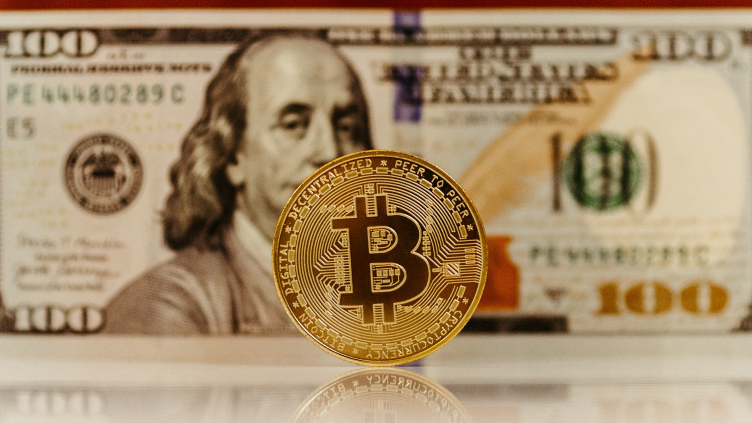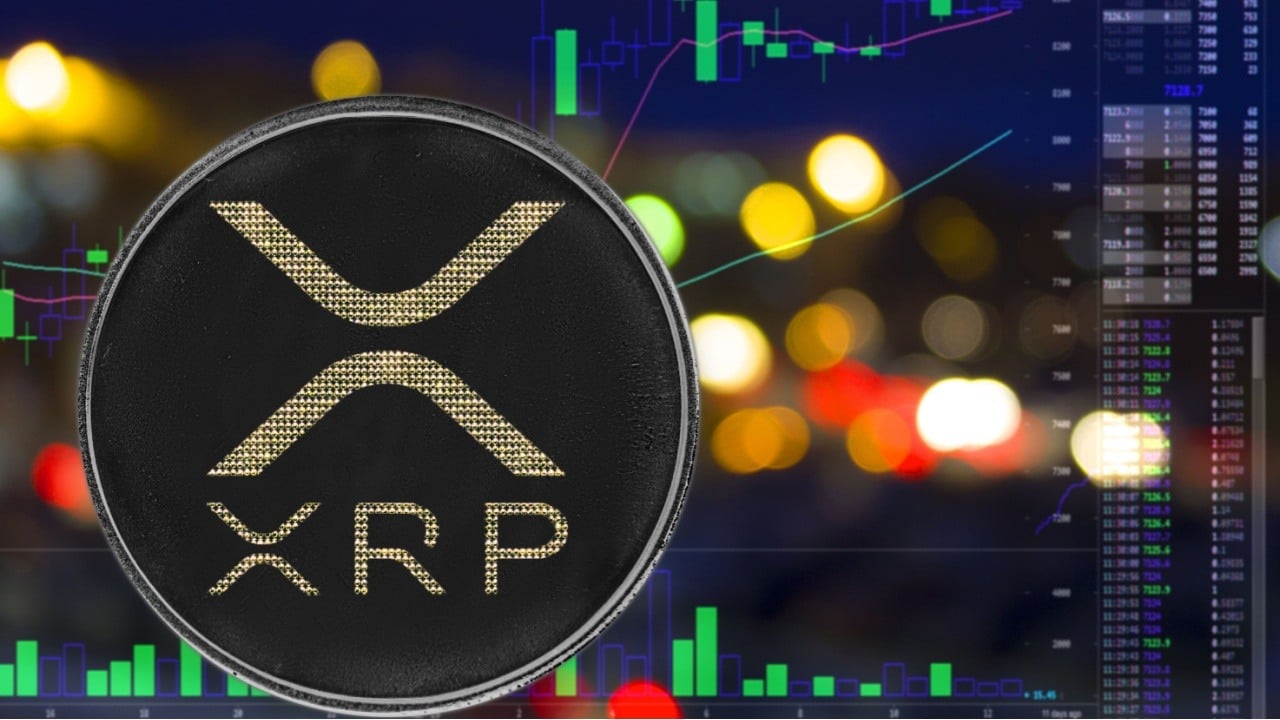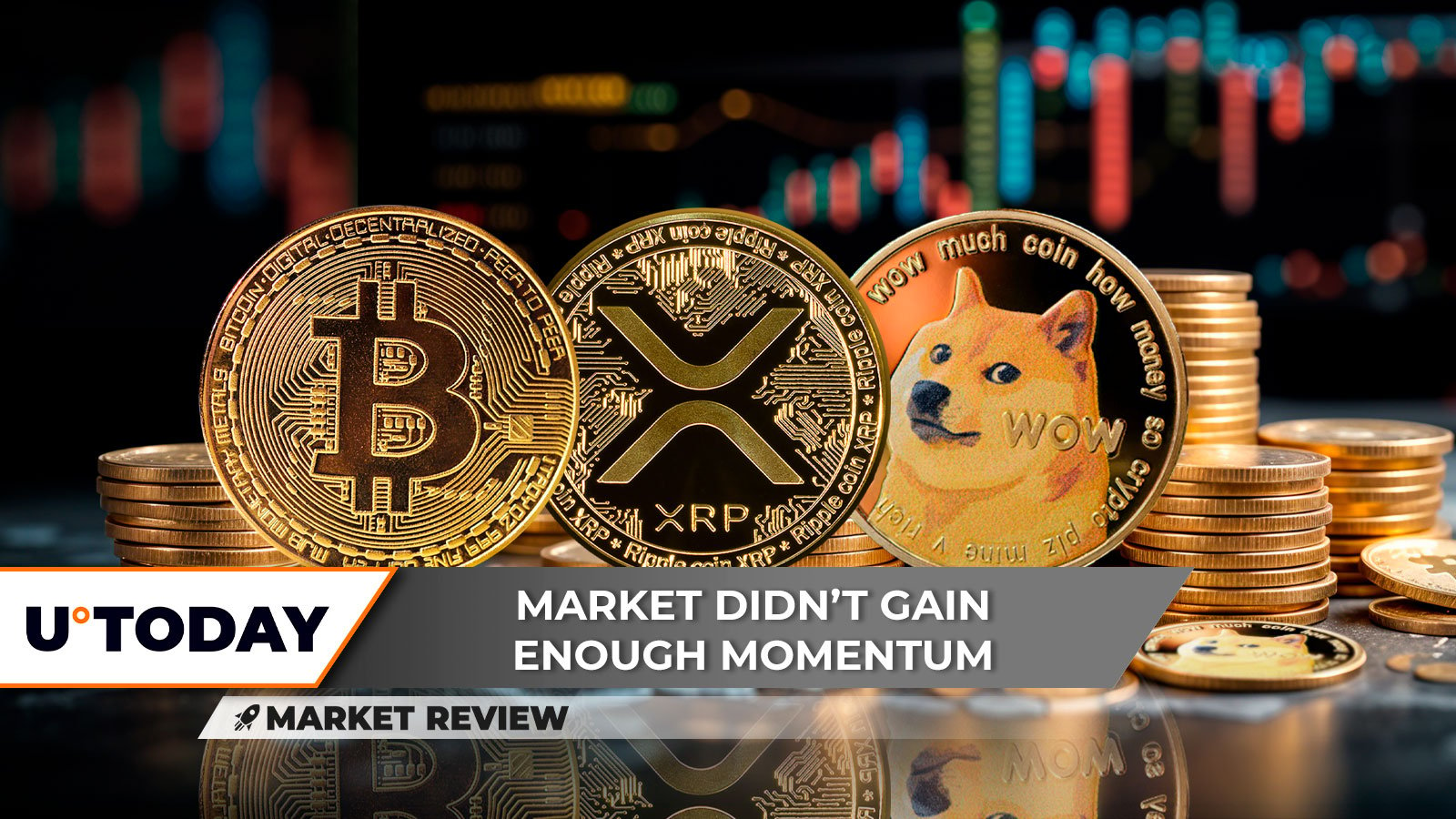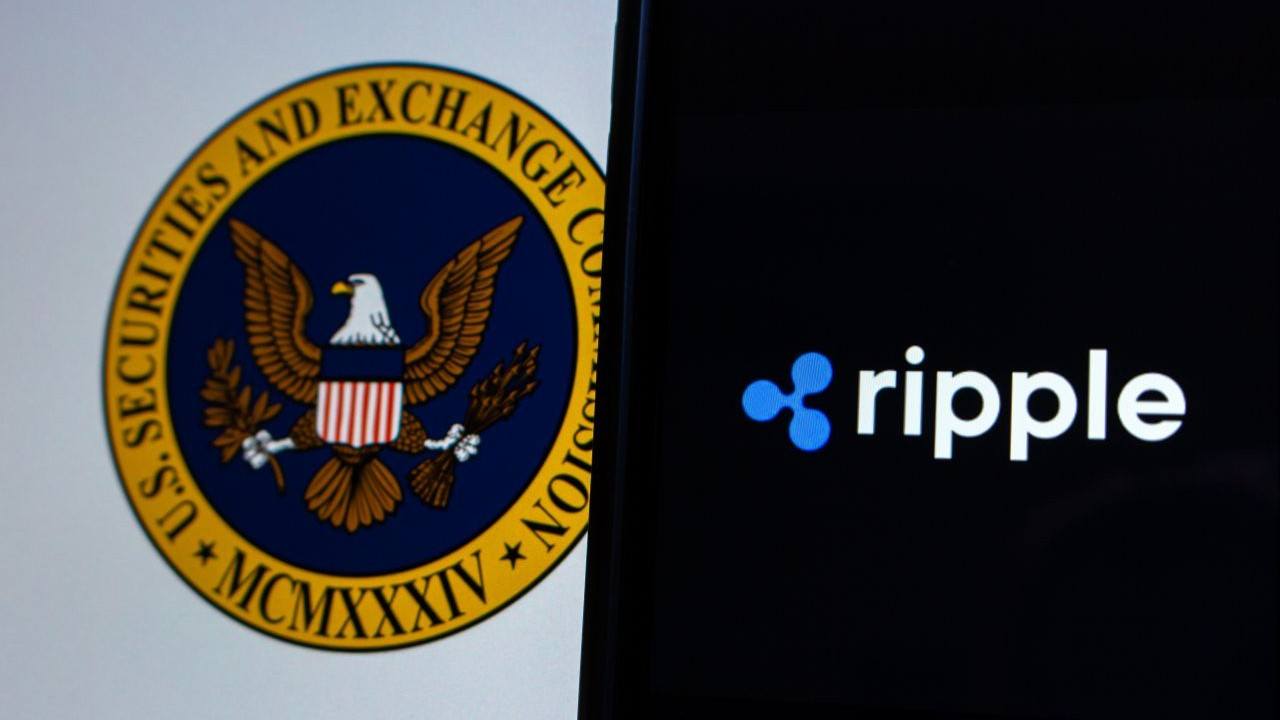Bitcoin Investors on Edge: Upcoming U.S. PCE Inflation Report
As the cryptocurrency market continues to evolve, Bitcoin investors are keeping a close eye on various economic indicators that could impact the digital currency’s price trend. One such indicator is the U.S. Personal Consumption Expenditures (PCE) inflation report, which is set to be released on March 28, 2023.
Understanding the PCE Inflation Report
The PCE inflation report is a key measure of inflation in the United States, as it tracks the changes in the prices of goods and services purchased by consumers. It is considered a more comprehensive measure of inflation than the Consumer Price Index (CPI) as it includes not only the prices of goods and services but also the changes in the prices consumers pay for services related to housing.
Impact on Bitcoin
Bitcoin, like other asset classes, is influenced by inflation data as it can impact central banks’ monetary policies. If the PCE inflation report shows higher-than-expected inflation, it could lead to an increase in interest rates. Historically, higher interest rates have been bearish for Bitcoin as they make holding non-yielding assets like Bitcoin less attractive.
- Higher interest rates: Make holding Bitcoin less attractive, leading to potential price decline
- Inflation: Can erode purchasing power of Bitcoin, reducing its appeal as a store of value
Impact on the World
The release of the PCE inflation report is not just significant for Bitcoin investors but also for the global economy. Higher inflation could lead to a stronger U.S. dollar, making it more expensive for other countries to import goods from the U.S. This could potentially lead to trade tensions and negatively impact global economic growth.
- Stronger U.S. dollar: Can make imports more expensive for other countries, potentially leading to trade tensions
- Global economic growth: Can be negatively impacted by higher inflation and trade tensions
Conclusion
As Bitcoin investors eagerly await the upcoming U.S. PCE inflation report, it is essential to understand its potential impact on the digital currency and the global economy. Higher-than-expected inflation could lead to an increase in interest rates, making holding Bitcoin less attractive. Additionally, a stronger U.S. dollar resulting from higher inflation could potentially lead to trade tensions and negatively impact global economic growth.
Stay informed about the latest economic indicators and their potential impact on Bitcoin by following reliable financial news sources and keeping an eye on market trends. Remember, investing in Bitcoin or any other asset comes with risks, and it is crucial to do thorough research and consider your financial situation before making any investment decisions.





